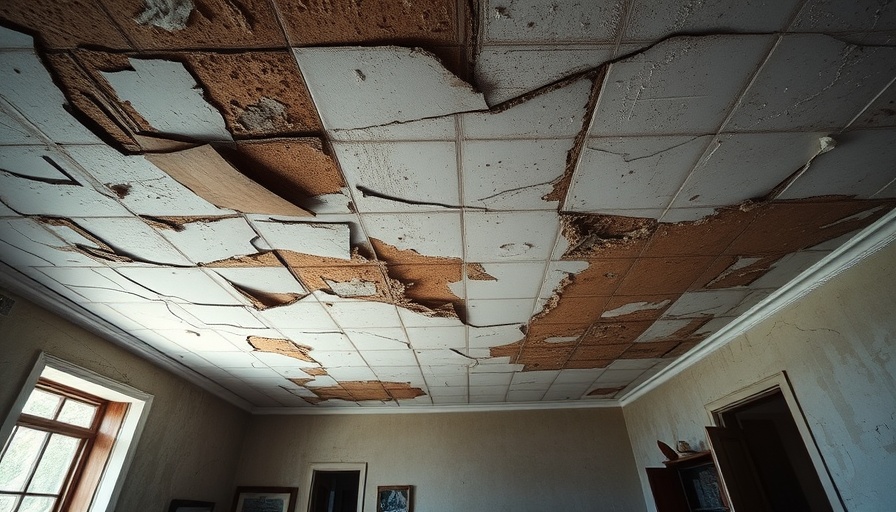
The Risk of Exceeding Security Deposits: What Landlords Need to Know
As a landlord, the security deposit may often feel like a safety net against potential tenant-related damages, but it's essential to recognize its limitations. A security deposit is generally meant to cover damages that are expected to arise beyond normal wear and tear. However, what happens when the damages exceed this threshold? Can landlords truly sue for more than that security deposit? The answer is not just yes, but also laden with potential financial and legal implications that landlords must navigate carefully.
Understanding Normal Wear and Tear vs. Damage
The core distinction in rental agreements often boils down to what constitutes normal wear and tear versus damage. Normal wear and tear refers to the gradual deterioration of property resulting from its use over time; think scratched walls after multiple tenant moves or faded carpet. On the other hand, damages such as intentional destruction, neglect, or extreme misuse can escalate costs significantly beyond the scope of a security deposit.
Landlords across various locations—from bustling urban centers filled with rental properties to more suburban areas—are often confronted with this issue. Understanding these terms is crucial as it forms the basis of any legal claims for additional damages.
How to Protect Yourself as a Tenant
For tenants, awareness is power. Documenting the property's condition at move-in and move-out can save a lot of headaches down the line. Conducting a thorough walkthrough with the landlord and agreeing upon the conditions noted can yield invaluable proof should any disputes arise. Additionally, maintaining open lines of communication in writing around property matters—including repairs or maintenance—can preemptively address concerns before they escalate.
Real estate professionals also stress the necessity of understanding lease agreements intimately; tenants should take the time to read through and clarify any perplexities with their landlords.
The Legal Implications of Filing a Lawsuit
In the unfortunate event that a landlord determines that damages exceed the security deposit, they may choose to pursue legal action. This decision isn't just about recovering costs; it can have broader implications on a landlord's reputation and future leasing activities. Litigation can not only be time-consuming but also costly. Therefore, landlords should consider mediation or small claims court as alternatives.
Furthermore, seeking the advice of a real estate attorney can also provide valuable insight into the risks and rewards inherent in such cases. An experienced attorney can navigate the complex legal landscape and potentially minimize damages through negotiation.
Future Trends in Rental Agreements
As the rental landscape evolves, so too do the laws and regulations surrounding security deposits and tenant rights. Increasingly, states and municipalities are implementing reforms to protect tenants—meaning landlords must stay informed. This proactive approach to understanding potential legal changes can mitigate future risks and help avoid disputes altogether.
In addition, technology is playing a pivotal role in shaping how landlords and tenants interact. Real estate websites and platforms such as Zillow and Redfin are making property condition reports and tenant history more accessible. This shift increases transparency which can benefit both parties.
Final Thoughts on Rental Agreements
Understanding the intricacies of rental agreements is essential for both landlords and tenants. As each party navigates its responsibilities and rights, create a culture of respect and open communication. While a security deposit is just a small component of the broader rental contract, its implications can lead to significant financial and emotional consequences.
Ensuring that rights are respected and obligations are fulfilled lays the groundwork for a successful rental relationship. Knowledge is not just power; it is peace of mind, both for landlords and their tenants.
If you’re looking to maximize your rental experience, know the laws in your area and consider reaching out to a real estate expert or attorney for tailored guidance.
 Add Row
Add Row  Add
Add 




Write A Comment